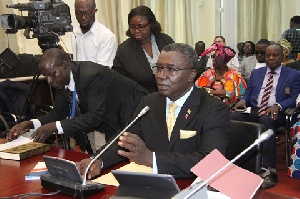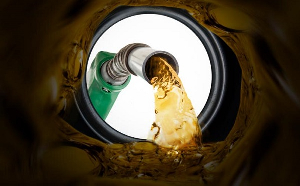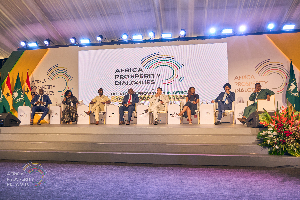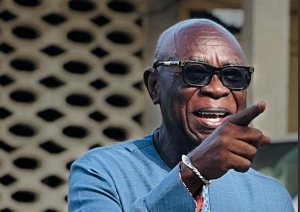Science, Technology and Environment Minister Designate Professor Kwabena Frimpong-Boateng has outlined measures to promote science and technology education to achieve a national scientific revolution.
This he said, would include the building of planetariums, creation of innovation centres in all the regions, setting up toy manufacturing business, and a business development unit of the Ministry to link talented Ghanaians to opportunities.
The renowned heart surgeon and former chief executive of the Korle Bu Teaching Hospital told Appointments Committee of Parliament, where he appeared on Thursday for vetting that he would also promote the recycling of all of the Ghana’s “waste” to generate energy, revenue as well as other useful products to save the environment.
Professor Frimpong-Boateng mentioned waste products from worn-out car tyres, saw dust, dirty oil, and other forms of urban waste, to create useful things to benefit the country in saving the environment and generating revenue.
“There are a lot of wastes; I will start with lorry tyres, which are everywhere. We will intend to do a recycling to convert them into fuel; we have dirty engine oil which is thrown into gutters.
“The oil itself doesn’t change although it is dirty; so the technology will be to remove those additives and impurities and then we can still make money from it and save our environment.”
“We also want to recycle hard plastics which can be used again or to produce energy. We want to do E-waste or electronic waste management which is also possible and many other things apart from generating power, building biogas plants from faecal waste and so on. So we have a lot of things that we have lined up, and we will be contacting you the MPs in your various constituencies on some of the projects in terms of energy.”
He mentioned for instance that in areas where maize was grown, farmers could after harvesting the dry maize, keep the stock to be later collected to prepare breakers.
“If you have harvested groundnut, leave the husks for us, we will turn them into activated carbon and so on. If you have sawdust; leave it for us, and don’t fill it in the river and spoil the sawdust. We will need bamboo to produce wood gas that can be used to power plants” he noted.
He pointed out that going forward there would be no need for Ghana to have landfill sites, to keep waste which was often burnt, instead of recycled.
“I don’t think there should be any landfill sites because these things that we call waste are raw material that we need to produce either energy, compost or something else. So we want to come to a point like Sweden, where they want to import waste from other countries so that they can process.
"So we have to do away with these landfill sites and its attendant problems.”
Ghana spends fortunes in waste management, and parts of the country are still engulfed in filth, despite the introduction of the National Sanitation Day.
On how he would find the money to fund the projects, Professor Frimpong-Boaateng, bemoaned the low level funding, saying that only 0.25 per cent of GDP was spent on research.
He advocated an increase to at least one per cent and said ‘the Finance people must find the money to support research and development to bridge the technology gap.’
Professor Kwabena Frimpong-Boateng, 67 is a trained physician and cardiothoracic surgeon who established the National Cardiothoracic Centre and the Ghana Red Cross Society.
He is also the President of the Ghana Heart Foundation and was once the Chief Executive Officer of the Korle Bu Teaching Hospital in Accra.
He was in the race in the New Patriotic Party presidential primaries for the December 2008 National Presidential Election, but lost in that bid.
General News of Saturday, 4 February 2017
Source: GNA
Prof. Frimpong-Boateng strategises for scientific revolution
Entertainment
















